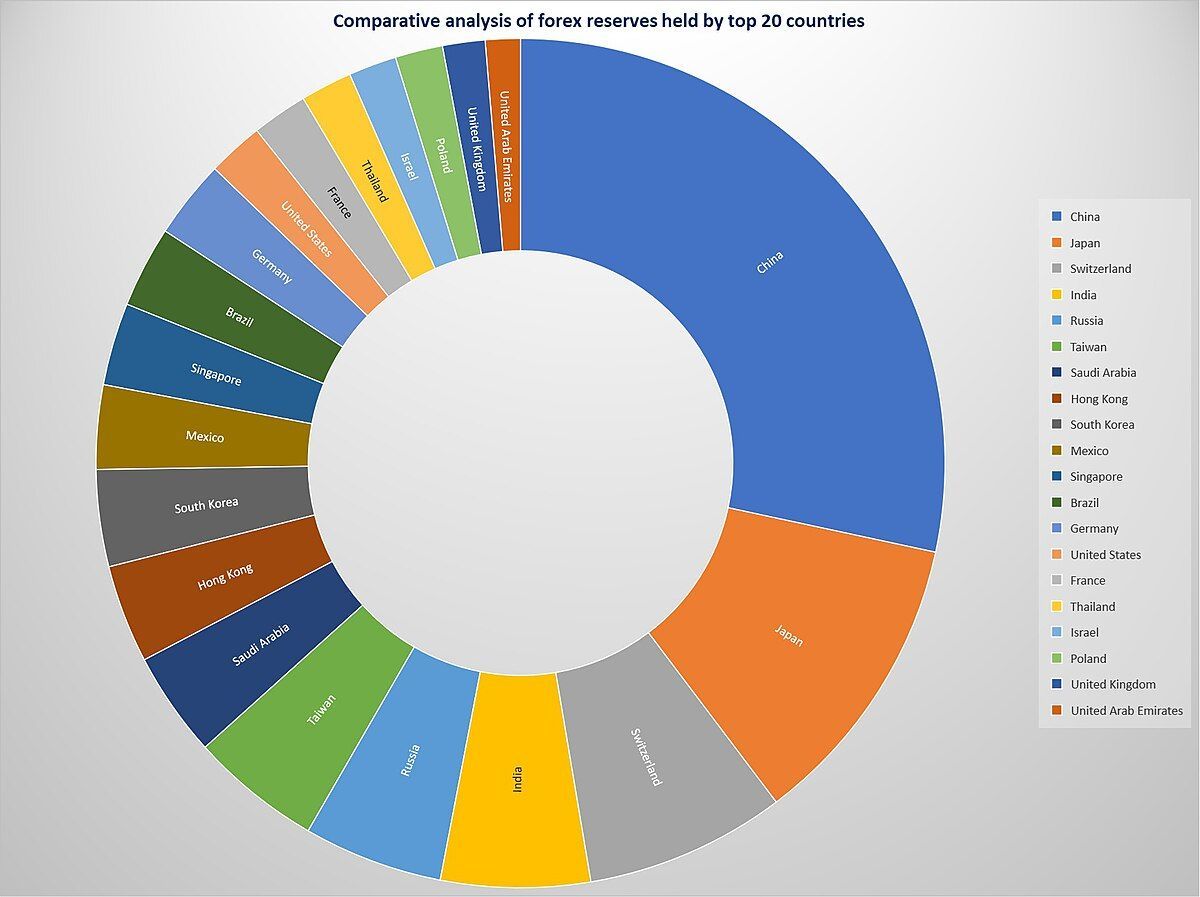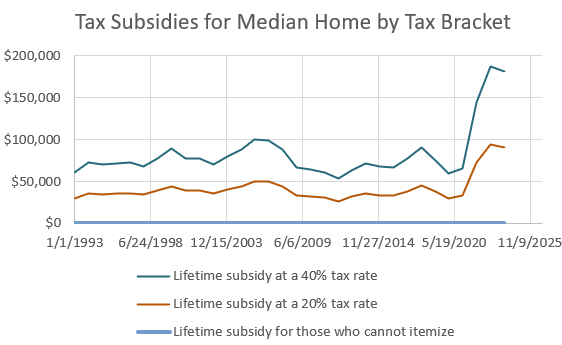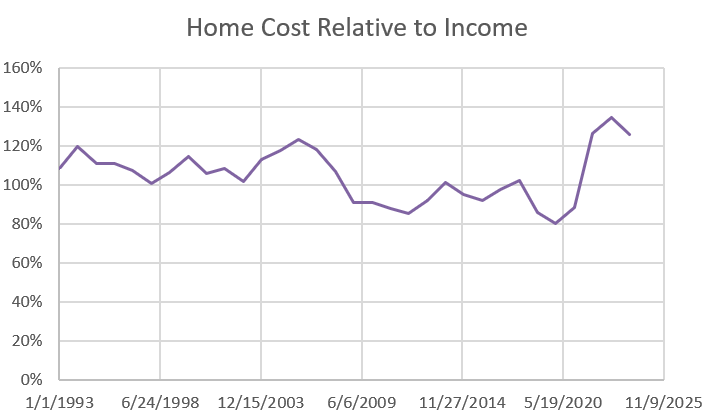Colin Read • October 29, 2022
A Common Mistake - Everybody's Business - October 30, 2022

A Common Mistake - Everybody's Business - October 30, 2022
Economists make a big mistake. We do it over and over again. It is not that economists are too mistaken and too often, but it is enough to give me pause for concern.
Our mistake is that the world is a rational place, with rational actors who don’t act otherwise, at least in the big and important decisions.
If important means important to everybody though, then there are a lot of important decisions which defy common sense and rationality.
When a large share of the population has an opinion on a matter of public policy, politics replaces good technocratic decision-making. Combine difficult problems that must be solved carefully and an election year and, well, anything can happen, except usually the right thing.
Of course, I’ve harped perhaps annoyingly on some train wrecks. The decade of monetary stimulation through artificially low interest rates even as the economy was booming and the unemployment rate was at historic lows was just a calamity waiting to happen. Then, when a true global pandemic occurs, our political opportunists throw an unprecedented amount of cash at the problem rather than think through policies that are highly focussed on those who need the help (and no others, even if they are voters). Most recently, to not see that a very tight labor market and constrained supply chain would lead to inflation that needed to be nipped in the bud is also another self-inflicted wound.
Actually, the Global Financial Meltdown, the COVID pandemic, and the 2022 stagflation are all once in a generation economic calamities, and all occurred in barely a dozen years.
Then, the Ukraine invasion …. What’s next? Aliens from outer space come to take us on?
One can argue that the Russians are acting irrationally. Sometimes the appearance of irrationality is an astute strategy. It might be called the “crazy apes**t” strategy that causes everybody else to step back in surprise and fear that the irrational actor can run the table. Certainly, Hitler’s early successes came because so many leaders said “oh, he would not ever do that”, until he does. Then, they say, “who woulda thunk?”
Instead, a better response would be to conclude that if someone acts in ways that appear irrational and dangerous, we should suspect they will do it again, and again, and again. At some point, those reluctant about dealing with an irrational actor realize they must deal with it all. By then, it is often too late, and things have escalated too far. It would have been smarter to act in unison to correct irrational behavior from its onset. I think if we could do WWII over again, early intervention would have been much more successful.
But, even those who exhibit the appearance of sequential irrationality might nonetheless have analyzed some things quite rationally.
The invasion of Ukraine is about territory and about long-stewing disregard for a sovereign neighbor. But, it is also about nations who have failed to develop a coherent energy policy and have failed to invest in battling global warming. Putin certainly has little concern over global warming, but he nonetheless has detected nations asleep at the switch. If our failures to plan for the future provide him with a crack where he can hammer in a wedge, he will.
Europe and the U.S. has given lip service to sustainable energy, but has fallen far behind China, the world leader in the movement toward energy sustainability. As Putin saw this dynamic emerge, he quickly fed our fossil fuel habit like a pusher peddles heroin. He built pipelines to make Europe dependent on natural gas, and he worked with OPEC to keep oil prices moderated, both so we would delay energy independence. He even allowed US and European companies to share in access to Russian oil so that dependency remains strong.
Then, he struck. Wham.
He even (likely) blew up his own pipelines to ensure that there could not be any easy fix to Europe’s need for heating fuel as it goes into winter. I also expect he had been working on a friendship with Saudi Arabia, Iran, and China well in advance to be sure they were allies when he was ready to put his plan in place.
These are all very rational actions for someone who appears to be irrational. But, of course, many of his successes are merely exploiting our weaknesses and hubris. We should have been moving swiftly toward energy self sufficiency as soon as China did, if not earlier. We should have developed an industrial policy that protected our semiconductor industry earlier, and should have hardened our supply chains. We certainly could have handled COVID far better. And, we picked a bad time to pick a fight with Saudi Arabia.
Certainly China navigated these forces far better, but then again, they do not have the same sort of need to pander to the populace, their policies do not need to sync with four year election cycles, and they probably don’t nearly to the extent we do from cyber mischief warping our elections again, wait for it, at the hands of the Russians. A conventional war, a threat of nuclear war, a natural gas war, threats of moving the war to space, a propaganda war, a cyberwar, a war for the hearts and minds of our adversaries, and all in the wake of the same playbook with Chechnya, Georgia, and Crimea, with Moldova, Latvia, and Lithuania perhaps next, are coincidences only to the naive. Every expansion creates a new set of NATO neighbors and hence new opportunities for additional empire-building. Crazy like a fox. Putin knows what he is doing, as dangerous and evil as it is. We should too.
Maybe our serial missteps are a democracy tax. If so, the tax is steep indeed, now also measured in human lives and genocide. But, I don’t think that democracy needs to suffer so much. It seems to me that we can still do excellent analysis, and then explain complex concepts and sometimes difficult courses to pursue in the short run to create greater long run sustainability, prosperity, and global safety.
Maybe that too is naive, especially given the deep divisions within the electorate. But, maybe too, these deep divisions have also been promulgated by bad actors of many stripes.
The silver lining is that perhaps we now see the folly of inaction, of lack of energy and industrial policies, of poor leadership, and of a disengaged and mercurial population. I sense people realize the stakes are now high.
I hope that makes a difference, and that we can see through what Putin is doing, and be sure that the appearance of serial irrationality is not rewarded because, if it is, who then is irrational?









